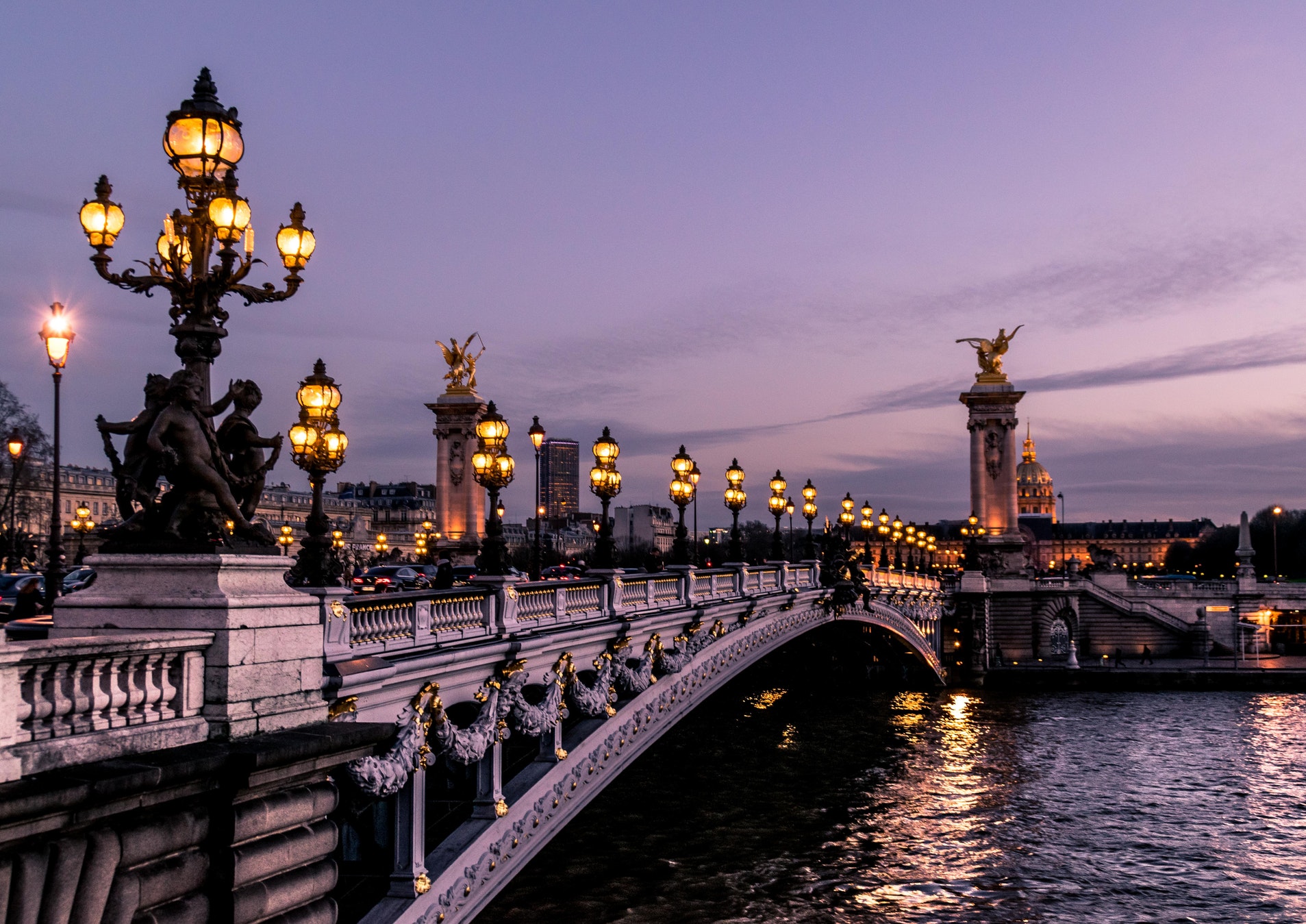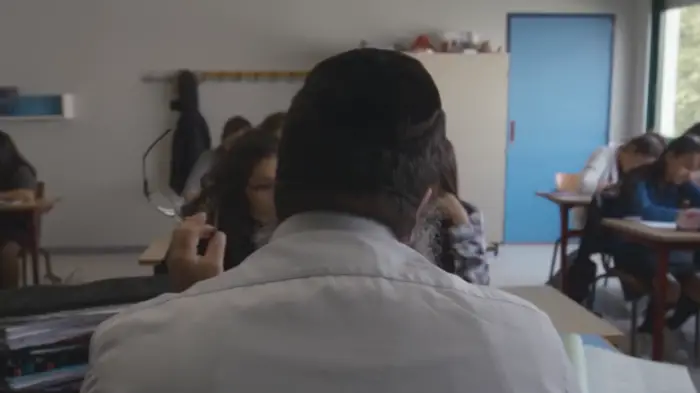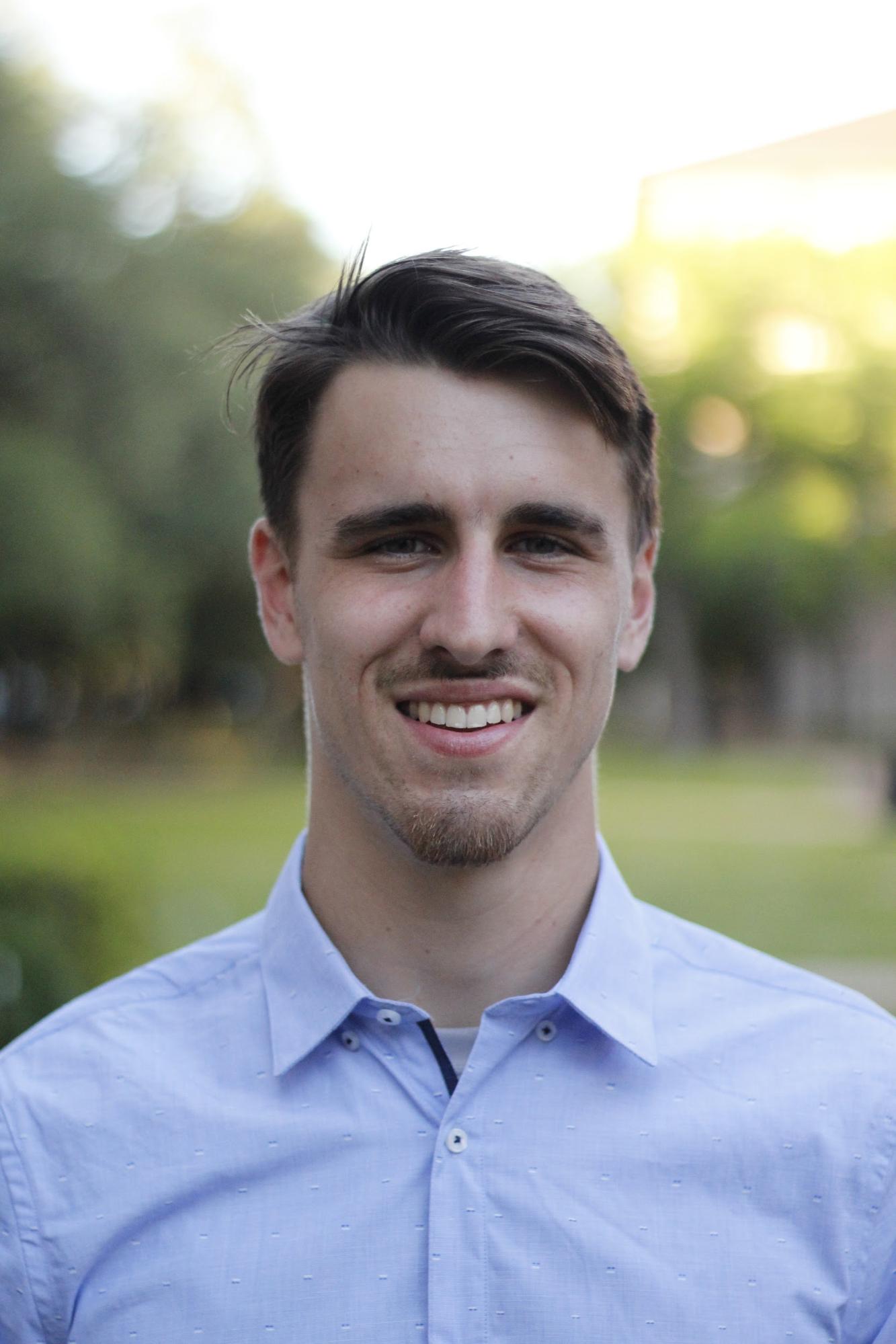Even though the documentary “Spiral” received negative reviews, I’m going to watch it anyways when CNN airs it in January. There aren’t really any other up-to-date documentaries on anti-Semitism. The last one that was a big deal, “Chosen and Excluded,” was made in 2009 and also got fairly bad reviews. I’m not an expert on anti-Semitism, so I figure I should take what I can get, excuse the bad reviews and expect to learn a lot.
Besides, most of the criticism of “Spiral” is because its focus is too narrow. So what if it doesn’t give enough background information to support its message? I can research that information on my own, take the movie’s message with a grain of salt and instead appreciate what it documents as a primary source. Watching a movie that is cinematically lacking but discusses something most Americans know little about is better than missing out altogether on how it could inform our opinions.
Before I heard of “Spiral,” I did not think anti-Semitism was on the rise at all, and I still don’t know for sure whether it is rising any more than hatred against other minorities. But I now know why I’m curious, and why “Spiral” will not answer all of my questions.
I’m curious first and foremost because anti-Semitism is puzzling. It’s unclear whether hatred against Jews is most commonly based on ethnic grounds, religious grounds or both. Criticism of Israel as a state does not equate to criticism of the Jewish faith or anti-Semitism, but those who are anti-Semites would definitely be anti-Israel as well.
This leads to the question of what has caused the recent increase in violence against Jews, which “Spiral” investigates mainly by cutting back and forth between scenes in France and Israel’s settlements in Tel-Aviv, to show how conflicts in Israel have affected the political climate in France.

While there is undoubtedly a connection between the problems in France and Israel, the documentary may have been better off had it foregone tackling the assignment of explaining that connection. The most valid criticism I read of the film was that the its paralleling the two settings implied that the conflict in Israel is to blame for the anti-Semitism in Europe, a “scapegoat” for it, which is not necessarily true. If the film does confuse the two standpoints of anti-Zionism and anti-Semitism or conflate them in any way, that is a big failure.
Another criticism I read noted that Marine Le Pen could have been mentioned more, which definitely would not have been too difficult to incorporate, and definitely would not have hurt the documentary’s credibility.
The fact is that most of the anti-Semitism documented in “Spiral” is perpetrated by Arabs and Muslim immigrants from North Africa. However, both followers of Judaism and Islam face discrimination in equally ugly, yet different, ways in France, thanks to the nationalist front. It’s unclear whether the hatred towards Jews is driven more by what is happening in Palestine or by the right-wing politicians in France, and apparently critics believe this was not explored enough.
Muslims make up 8.8 percent of the population in France while the Jewish population is only 1 percent, but it’s tough to say one group is in a worse situation than another. Le Pen proposed in 2016 and 2017 not only to ban the hijab, which most of us remember, but the Jewish kippah too, as the Atlantic tells us in an article explaining how the French right has pitted the two minorities against each other throughout history. Another great example of Le Pen targeting Muslim and Jewish immigrants in one go is when she banned dual citizenship, as if she forgot her battle against Islam affected immigrants who weren’t Muslim.

The right wants Jews to believe that the offenses against them are necessary as part of efforts to combat Islam, the “true enemy.” In reality, their party wants to put down all minorities to indulge their nationalist base. According to the CNA, over half the respondents to a survey given by a French think tank espoused anti-Semitism. Not to say that they like any other foreigners, but the numbers still speak volumes.
Anyway, I can’t wait to see how “Spiral” deals with that. But, more basically, the first step should be staying informed about the violence. And if anything, “Spiral” should help with that.
The film’s main focus is on the everyday lives of Jews in France, on the fears they have and threats they face. In 2014, about 7,000 Jews moved from France to Israel, and 8,000 left in 2015, more than triple the number of Jewish immigrants in 2011. “Spiral” looks at one family and their decision to stay or leave, and also talks about the recent anti-Semitic attacks France has seen and how they influence the Jewish community in Europe.
And the influence these attacks have had on the Jewish community is heavy. A terrorist attack on a kosher grocery store in 2015, which killed four. A Jewish man tortured and killed by a gang called the “Barbarians” in 2006. Just this past May, a woman who survived the Holocaust was stabbed to death in her own apartment, albeit the motive of anti-Semitism is still being investigated. Nevertheless, the list goes on.

While the motives of many of these attacks are in question, and a clip from the trailer of “Spiral” shows a Jewish school teacher reminding students that Jews themselves can fuel fear apart from actual violence that occurs, the rise in anti-Semitism is apparent from a fairly short scan of the internet.
I look forward to watching Spiral just to see the perspective of the French Jews, who consider anti-Semitism as a threat, but whose opinions are also shaped by events like the Paris attacks. Their interpretation is far different from what we as Americans see from far overseas.
I’m sure “Spiral” will give a good idea of how the Jewish community has felt in the past several years as they have butt heads with the waves of Muslim immigrants and as the nationalist right has gained popularity. While they seem to feel constantly opposed, they do find a win in the conviction of Dieudonne, a comedian accused of anti-Semitism whose lawyer and trial are followed in the movie.
The trailer seem pretty fear mongering, and I’m afraid the bad reviews will be right that it is too “observational,” and doesn’t do the topic justice. I’ll have to wait until January to form my opinion, but I am at the very least glad this film is on my radar.

















